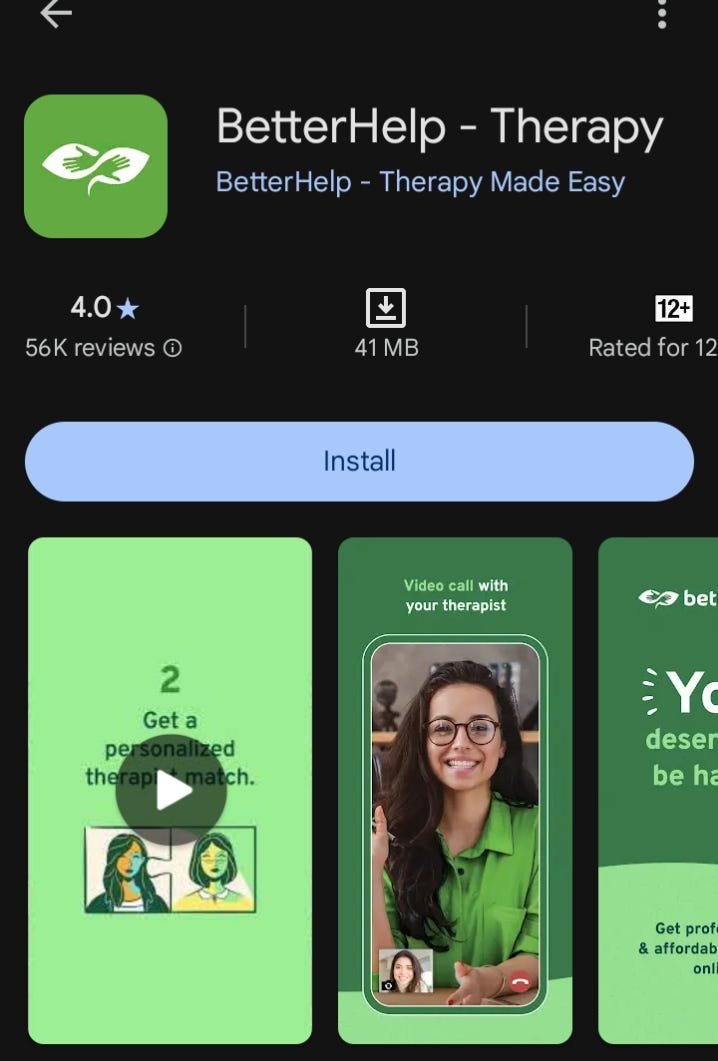A study conducted by researchers at Vanderbilt University focused on the online experiences of 290,000 patients who received automated test results. This research aimed to explore the connection between anxiety and the behavior of patients repeatedly refreshing their test result pages.
In a notable case shared by oncologist Mark Lewis, a patient misinterpreted the doctor’s smile as a sign of bad news. Lewis was pleased to report that his patient’s lung nodules were shrinking, but the patient was already distressed. This scenario highlights a common issue where patients often experience heightened anxiety when awaiting test results, particularly when they access this information digitally without guidance.
As automated test results become more prevalent, the emotional impact on patients can be significant. The study’s findings suggest that many patients refresh their screens multiple times, indicating a state of worry and uncertainty regarding their health. By tracking these behaviors, researchers hope to identify strategies to alleviate anxiety and improve the overall experience for patients receiving their health data online.
The goal is to make health information more reassuring than stressful. The researchers plan to develop user-friendly interfaces and provide clearer explanations about what the results mean, aiming to reduce unnecessary panic and improve understanding. This could involve integrating supportive resources alongside test results, such as links to educational materials or access to counseling services.
By addressing the emotional responses of patients in the context of digital health, Vanderbilt’s research seeks to create a more positive interaction with health information, ultimately leading to better mental health outcomes for individuals navigating their medical journeys.



